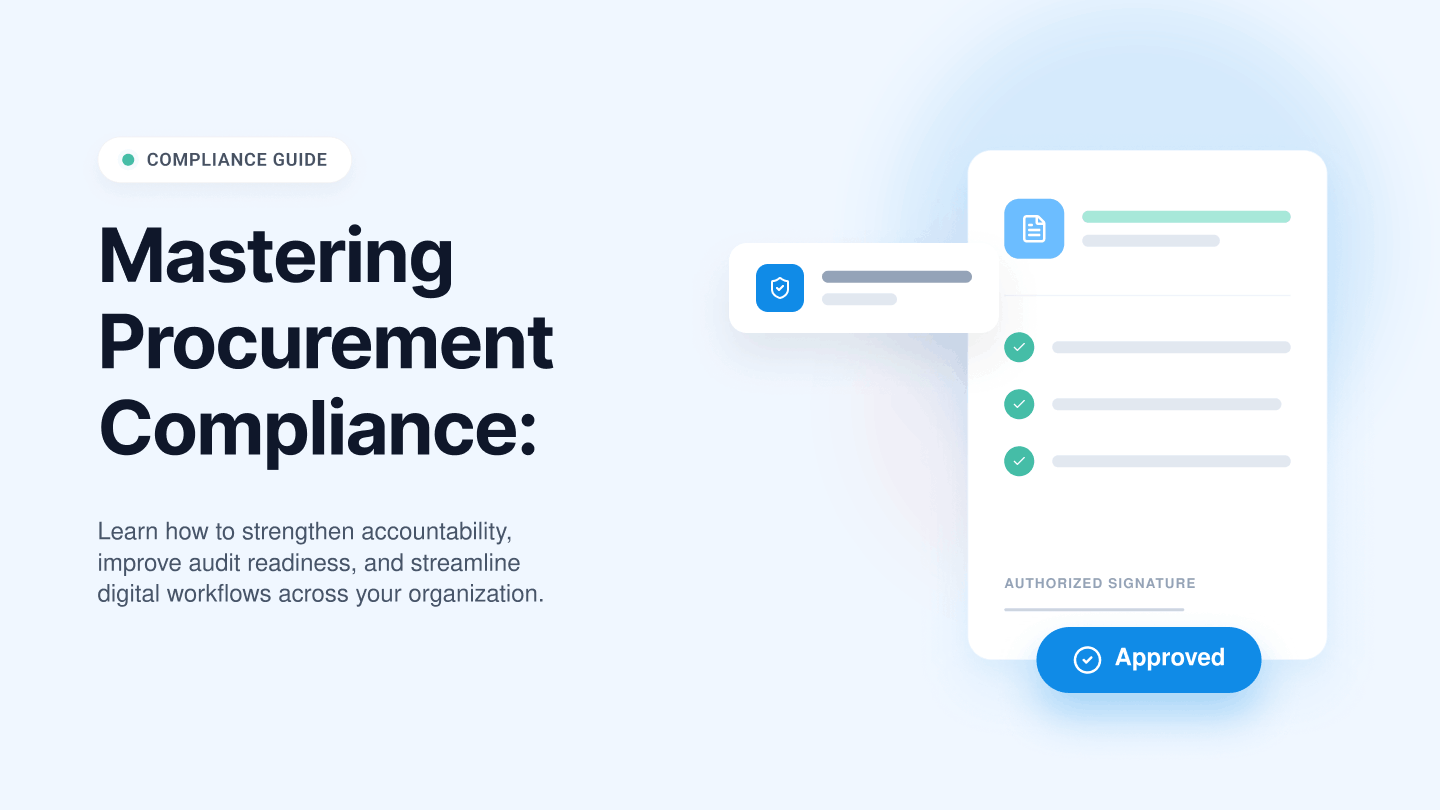Come April, tax return filing is on everyone's mind
The bottom line in maximizing your tax returns and minimizing the stress around filing taxes by mid-April is preparation! And whether you are hiring an accountant (or the nearly 40% of Americans who choose to file on their own), you’ll need to have certain forms, receipts, and personal information ready. Simply put, meeting your bottom line requires good tax preparation habits all throughout the year!
So, what are these good habits for a smooth and lucrative tax filing and building up your tax returns?
Gather and store your tax forms in one secure place
By the start of the calendar year, your employer, bank, investment home, educational institution, etc. should send you forms that are essential for accurate filing. Take the time well before April to first verify that the information on these forms is accurate. Then, store these docs in a secure, organized, and accessible place, preferably in a digital format from where you can easily share with relevant contacts.
Common forms include:
- W-2: You receive this form from your employer, which reports your annual wages and the amount of taxes withheld (if any)
- Form 1040: A 1040 discloses your annual income and financial status to the IRS, which deduces how much of a tax refund, if any, you’re entitle to
- 1099’s: There are many types of 1099’s, and their general purpose is to report earnings from non-employee compensation (i.e. dividends, interests, independent contractor work, insurance proceeds, etc.)
Read more: 1099 Form | 1040 form | W-2 form | 10 Steps to Tax Preparation
Keep your pay slips!
Whereas it’s recommended to keep your tax forms and tax returns for up to 5 years (given that the IRS can audit going back several years), it’s recommended to keep your pay slips for a year. And there are a few reasons for this:
- If W-2 forms are wrong, you can substantiate the corrections from your pay slips
- If you're looking to apply for a loan or lease property, it’s often required to present proof of employment with the last 3-6 pay slips
- Also, if you're ever in an accident and have to prove your income to the insurer for out-of-work compensation, your pay stubs will come in handy and possibly prevent a delay in payment
Hold on to your receipts in the most organized way possible
You will be surprised to learn how many of our purchases and expenses may actually translate into tax deductions, and boost your tax returns dollars! But the key is to understand which receipts count. Good tax habits include taking photos directly from your device of relevant receipts and storing them on a cloud service or utility apps. And, do this in real time so that the receipts won’t stack up and potentially get lost in the clutter.
So, what are the potentially tax deductible receipts?
Medical
- Out of pocket expenses: Medical, dental, long-term care, vision, and Medicare that you have not been reimbursed for AND that weren’t paid by pretax dollars that you’ve set aside for such expenses
- Co-payments: Co-pays for medical, dental, or vision care
- Medical gear and fees: Eyeglasses, contact lenses, prescription medicine,breast pumps or other lactation aids, crutches, hearing aids, braces,wheelchairs, and other medical aids, all costs associated with guide dogs, and medical exam or test fees
- Extended care: Acupuncture, chiropractic services, podiatrists, sessions with a psychiatrist or psychologist, occupational and physical therapy, nursing care, hospital stays, programs to help you stop smoking, and weight-loss programs for the treatment of obesity or another condition diagnosed by a doctor
- Transportation: Parking fees, tolls, transportation, and mileage for the trip to and from appointments with any of these medical professionals,transportation via ambulance to a medical facility, and the cost of overnight hotel stays for treatment that is received out of town
Childcare expenses
- Dependent care: Expenses related to caring for your dependent, including a babysitter, daycare, day camp, after-school program, or other care provider, even possibly maid, cook, and housekeeper.
Unreimbursed work-related expenses
- Work-related: Get deductions from the cost of tools, equipment, supplies,uniforms, protective gear, union dues or membership to professional organizations, subscriptions to professional journals, and even expenses you pay when looking for a new job in your current field.
- Other work-related expenses: Training, education, business use of your home, car mileage with a personal vehicle, and other commuting costs
Self-employment expenses
- Business expenses: Materials, supplies, marketing, office expenses, insurance, travel, utility bills, rent, and mortgage.
- Read more here on which receipts should be kept
Charitable Contribution
- Organizations: Churches and other religious organizations; tax exempt educational organizations, hospitals and medical institutions, government subdivision, community organizations, private foundations, and other public charities.
- Read more here on taxes benefits for charitable contribution
The abundance of tax reduction papers and forms may feel exhausting, which was precisely the inspiration behind Docady’s Tax Center. Docady has created a designated place for vital tax documents so that storage and organization throughout the year is super simplified.
Snap photo of receipts in seconds; upload tax forms as they trickle in directly from your email and other cloud services; add your pay slips; and then share of it in one attachment with your accountant. Docady’s tax center enables you to maintain your reductions all throughout the year, to help maximize your tax returns. So tax season, and all year long, stay calm and collected with Docady!












